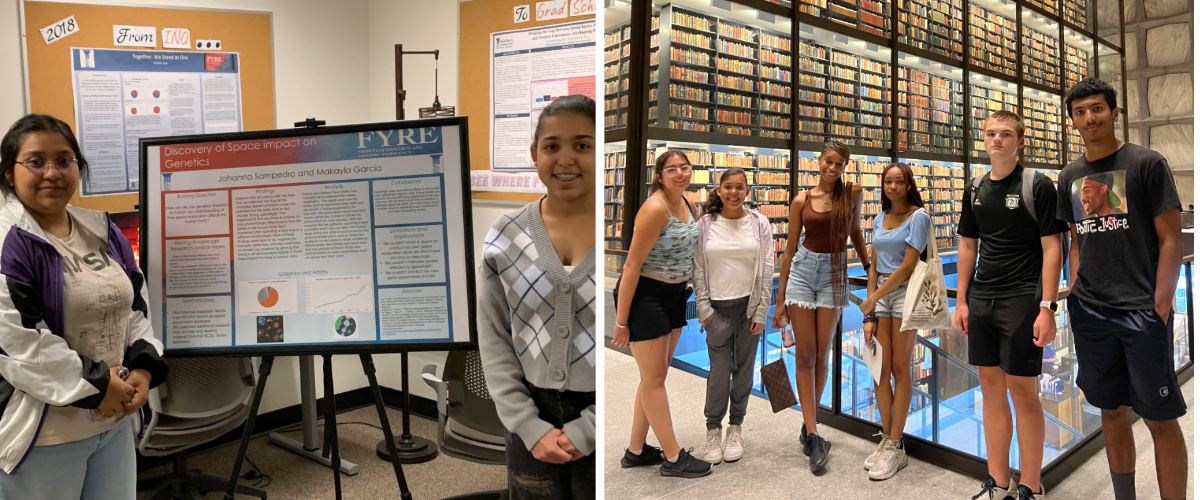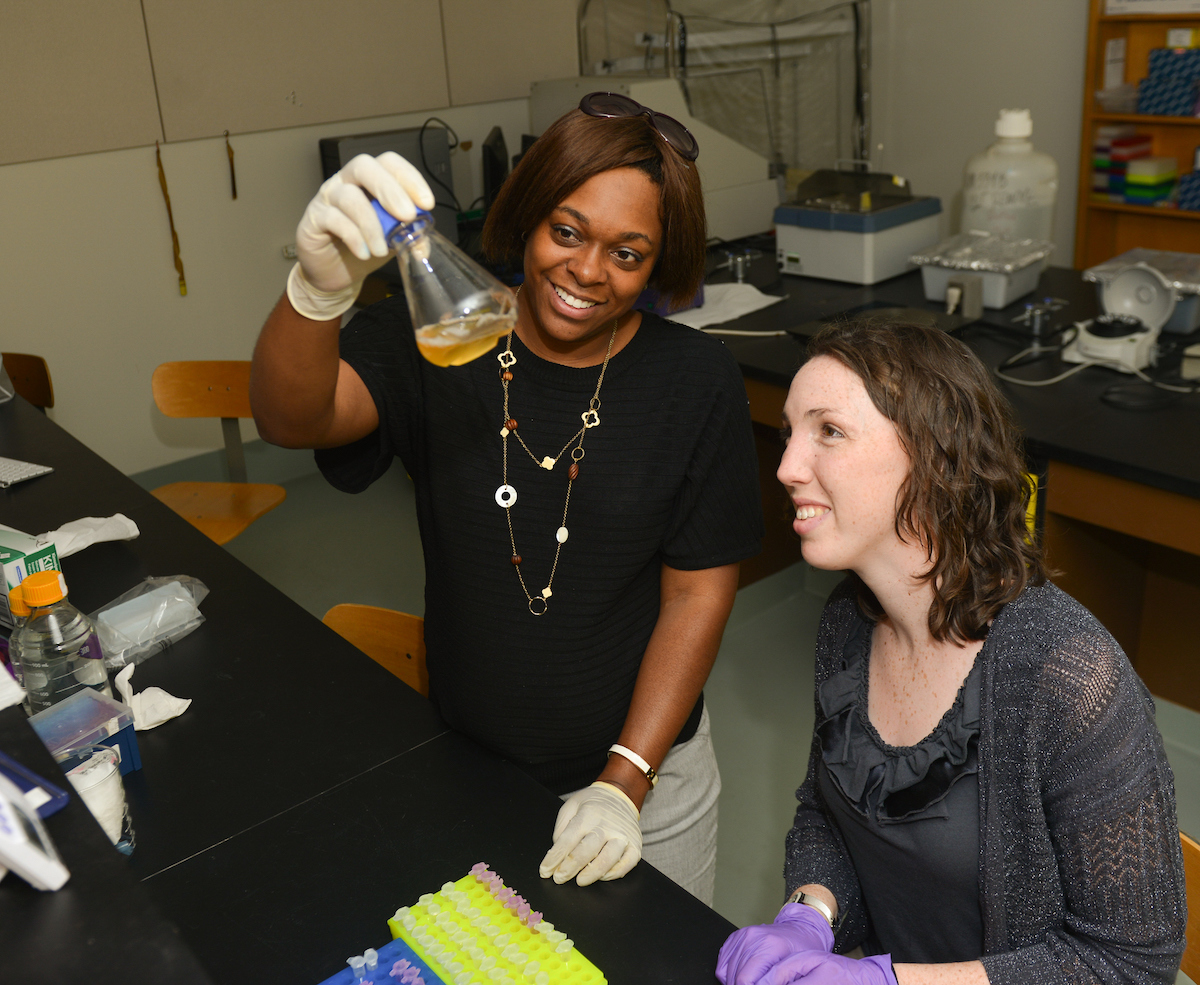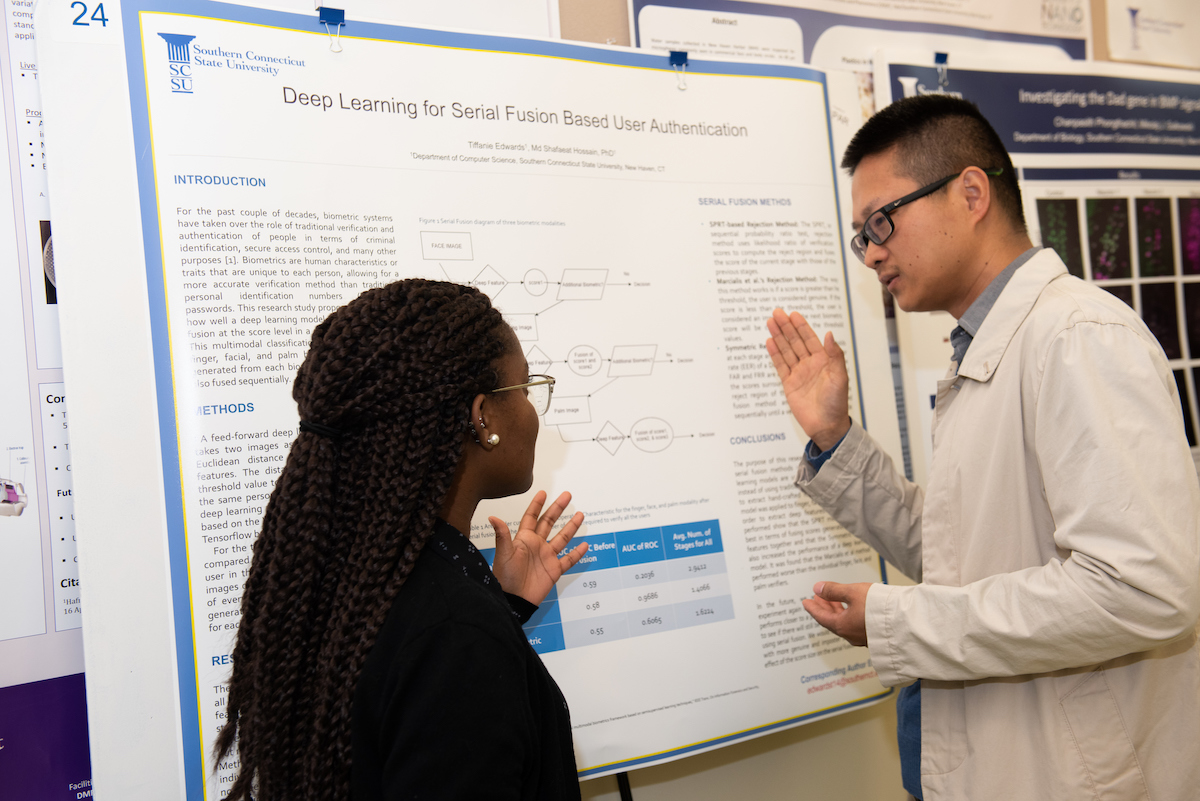Benefits of the ComBiNE Program
Scholarship
Tuition, fees, room and board up to $10,000 annually for four years.
Faculty Mentorship
You will have personal access to a dedicated faculty member on the project team throughout your four years in the program.
Cohort Support
You will be part of a small cohort of 16 students who can support you while navigating your college experience. You will take multiple classes together with these students. Also, you will be assigned to the same first-year learning community and will attend social cohort-building events together.
Paid Summer Research Internships
You will have the opportunity to do computational biology/bioinformatics research on campus the summers following your first year and sophomore year and will be paid a $2,250 summer stipend.
Connection with the Local Industry
You will meet mentors from the local industries who will participate in a bioinformatics seminar series as part of the ComBiNE program. In your junior year, we will put you in contact with the local industries and help you secure an internship for the following summer.












